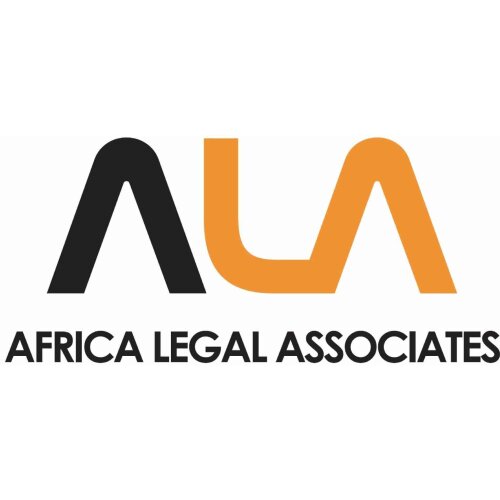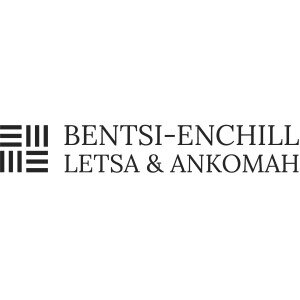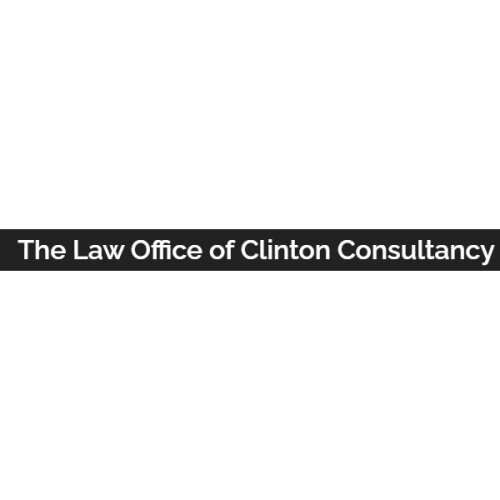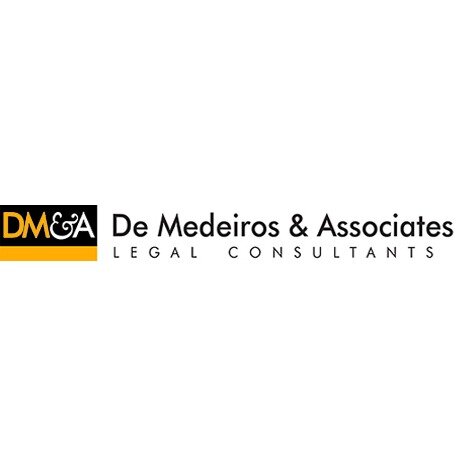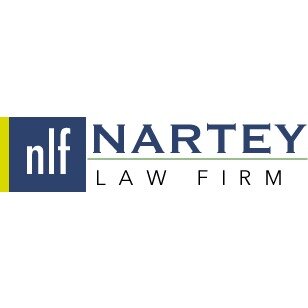Best Landlord & Tenant Lawyers in Ghana
Share your needs with us, get contacted by law firms.
Free. Takes 2 min.
Free Guide to Hiring a Real Estate Lawyer
Or refine your search by selecting a city:
List of the best lawyers in Ghana
About Landlord & Tenant Law in Ghana
Landlord and tenant law in Ghana is governed primarily by the Rent Act of 1963 and the Rent Control Law of 1986, which regulate the landlord and tenant relationship across the country. These laws provide a framework for issues such as rent levels, security of tenure, maintenance responsibilities, and dispute resolution. The aim is to ensure fair play in dealings between landlords and tenants, protect tenant rights, and provide landlords with fair returns on their properties. Institutions such as the Rent Control Department have been established to enforce provisions of these laws and offer mediation services.
Why You May Need a Lawyer
There are several situations where individuals may require legal help in landlord and tenant matters. Common scenarios include:
- Disputes over rent increases or non-payment of rent
- Eviction proceedings
- Unlawful termination of tenancy agreements
- Repairs and maintenance disagreements
- Security deposit disputes
- Issues related to subletting
- Understanding and negotiating lease terms
- Accessing premises and privacy concerns
Legal professionals can provide advice tailored to specific cases, represent clients in court if necessary, and ensure that their rights are protected under local laws.
Local Laws Overview
The housing laws in Ghana pertaining to landlord and tenant relationships are crucial for both parties to understand. Key aspects include:
- Rent Act 1963: Provides guidance on rent levels, eviction procedures, and tenant rights.
- Rent Control Law 1986: Establishes the Rent Control Department to mediate disputes and regulate the rental market.
- Tenancy Agreements: Should be in writing, outlining roles, rent payment terms, duration, and any specific stipulations agreed upon by both parties.
- Eviction Procedures: Legal grounds and procedural requirements must be met before evicting a tenant.
- Repairs and Maintenance: Responsibilities are often shared, with tenants handling minor repairs and landlords covering major ones, unless specified otherwise in the contract.
Frequently Asked Questions
What are the legal requirements for a tenancy agreement in Ghana?
A tenancy agreement should be in writing and include details such as the parties involved, rent amount, payment terms, lease duration, and responsibilities for maintenance and repairs.
Can a landlord increase rent arbitrarily?
No, rent increases must be reasonable and justified. It is advisable to consult the Rent Control Department for guidance on fair rent adjustments.
What happens if a tenant fails to pay rent?
If a tenant fails to pay rent, the landlord may seek eviction through the appropriate legal procedures as stipulated in the Rent Control Law after giving notice.
Who is responsible for repairs and maintenance?
Generally, landlords are responsible for major repairs, while tenants handle minor ones. However, this can be specified differently in the tenancy agreement.
How can tenants protect their rights?
Tenants should ensure they have a well-drafted tenancy agreement, understand local laws, and seek legal advice in dispute situations.
What should a tenant do if they receive an eviction notice?
Tenants should first confirm if the notice complies with legal requirements. It is advisable to consult a lawyer or the Rent Control Department for assistance.
Is a landlord allowed to enter a tenant's home without permission?
Landlords should give reasonable notice and obtain permission before entering, except in emergencies.
Can tenants sublet their property?
This depends on the terms of the tenancy agreement. Unauthorized subletting might lead to tenancy termination.
How are security deposit disputes resolved?
Security deposits should be returned at the tenancy end, subject to unpaid rent or damages. Disputes can be mediated by the Rent Control Department.
What recourse is available for unfair rent practices?
Complaints can be lodged with the Rent Control Department, which provides mediation services to resolve disputes over unfair rent practices.
Additional Resources
Consider reaching out to the following resources for further assistance:
- Rent Control Department: Provides mediation services and advice for landlord-tenant disputes.
- Legal Aid Scheme: Offers legal support for individuals who cannot afford a lawyer.
- Ghana Bar Association: Can help you find a qualified lawyer specializing in landlord and tenant issues.
Next Steps
If you require legal assistance in landlord and tenant matters, you should:
- Gather all relevant documentation such as tenancy agreements, rent receipts, and correspondence.
- Consult with a lawyer familiar with Ghanaian landlord and tenant law.
- Consider contacting the Rent Control Department for mediation services.
- Explore if you are eligible for legal aid through the Legal Aid Scheme if finances are constrained.
Taking these steps will help ensure that your rights and interests are adequately protected in any landlord and tenant scenario.
Lawzana helps you find the best lawyers and law firms in Ghana through a curated and pre-screened list of qualified legal professionals. Our platform offers rankings and detailed profiles of attorneys and law firms, allowing you to compare based on practice areas, including Landlord & Tenant, experience, and client feedback.
Each profile includes a description of the firm's areas of practice, client reviews, team members and partners, year of establishment, spoken languages, office locations, contact information, social media presence, and any published articles or resources. Most firms on our platform speak English and are experienced in both local and international legal matters.
Get a quote from top-rated law firms in Ghana — quickly, securely, and without unnecessary hassle.
Disclaimer:
The information provided on this page is for general informational purposes only and does not constitute legal advice. While we strive to ensure the accuracy and relevance of the content, legal information may change over time, and interpretations of the law can vary. You should always consult with a qualified legal professional for advice specific to your situation.
We disclaim all liability for actions taken or not taken based on the content of this page. If you believe any information is incorrect or outdated, please contact us, and we will review and update it where appropriate.
Browse landlord & tenant law firms by city in Ghana
Refine your search by selecting a city.




